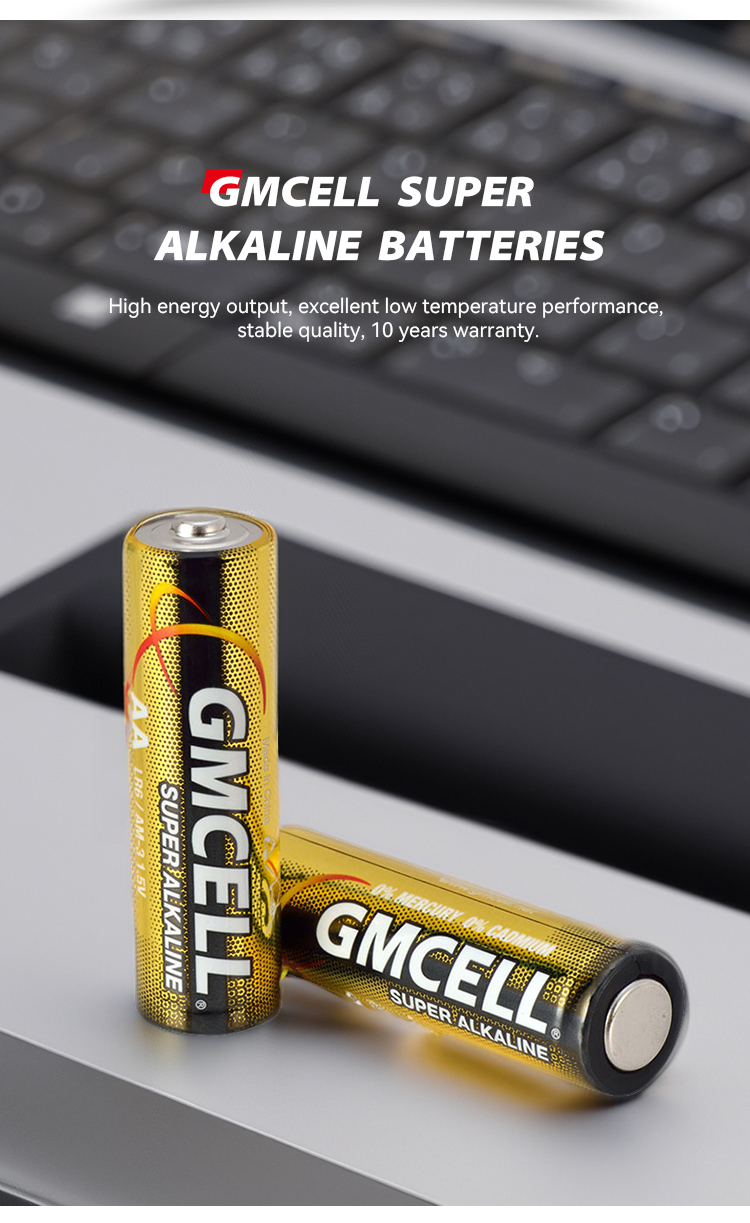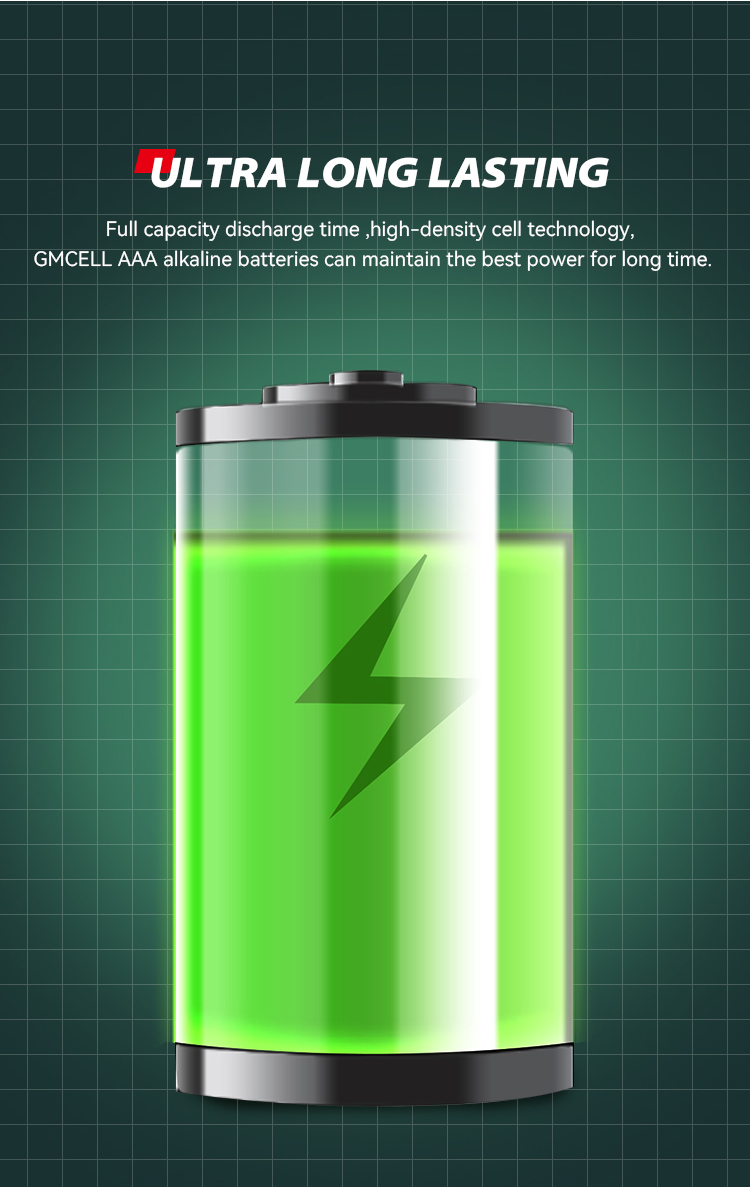In modern life, batteries have become an indispensable part of our daily lives, and the choice between alkaline batteries and ordinary dry batteries often puzzles people. This article will compare and analyze the advantages of alkaline batteries and ordinary dry batteries to help you better understand the differences between them.
First, let’s compare the structure of alkaline batteries with that of ordinary dry batteries. Ordinary dry batteries usually adopt a monolithic structure, with a separator material isolating the two electrodes. Although this design is simple, battery performance and lifespan are relatively low. In contrast, alkaline batteries adopt a multi-cell structure to improve battery performance and lifespan. This design allows alkaline batteries to better harness chemical reactions, providing more sustainable power supply.
Next, let’s look at the differences in chemical composition between the two. The electrolyte of ordinary dry batteries is usually an alkaline semi-solid material, such as zinc chloride or ammonium carbamate. On the other hand, alkaline batteries use alkaline substances such as potassium hydroxide or potassium hydroxide as the electrolyte. This difference makes the electrolyte of alkaline batteries have a higher energy density, so the capacity of alkaline batteries is greater, providing a more sustainable power supply.
Moreover, alkaline batteries also outperform ordinary dry batteries in terms of performance. Since potassium hydroxide in alkaline batteries is liquid, the internal resistance is relatively small, generating up to 3-5 times more current than a battery of the same size. This means that alkaline batteries can provide greater current to meet the needs of devices that require high current. Additionally, alkaline batteries do not produce gas during discharge, and the voltage is relatively stable. On the other hand, ordinary dry batteries produce some gas during discharge, causing voltage instability.
In terms of durability, alkaline batteries also have significant advantages. Since zinc in alkaline batteries participates in the reaction as particle-like fragments with a larger contact area with the electrolyte, it generates a larger current and has a longer service life. However, ordinary dry batteries have a faster rate of capacity decay and a relatively shorter service life. Therefore, in long-term or high-frequency use applications, alkaline batteries are a better choice.
In summary, alkaline batteries have superior performance and longer service life compared to ordinary dry batteries. Whether it’s in terms of capacity, current output, voltage stability, or durability, alkaline batteries demonstrate significant advantages. Therefore, in daily life, we should preferentially choose to use alkaline batteries to achieve a more sustainable and stable power supply.
Post time: Jan-23-2024








